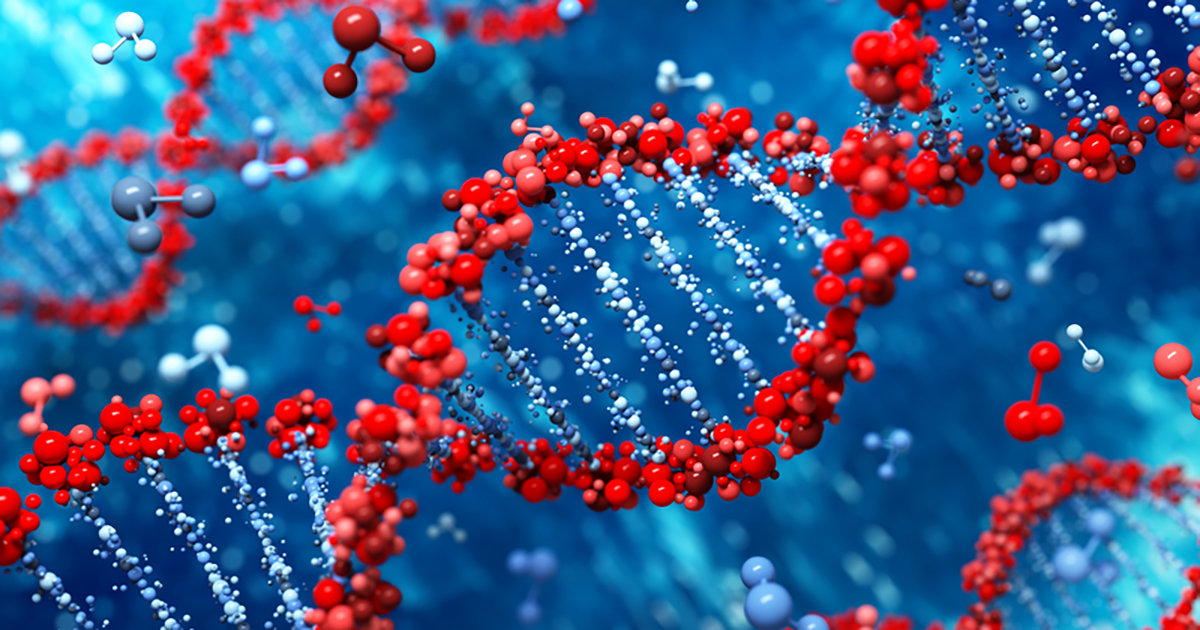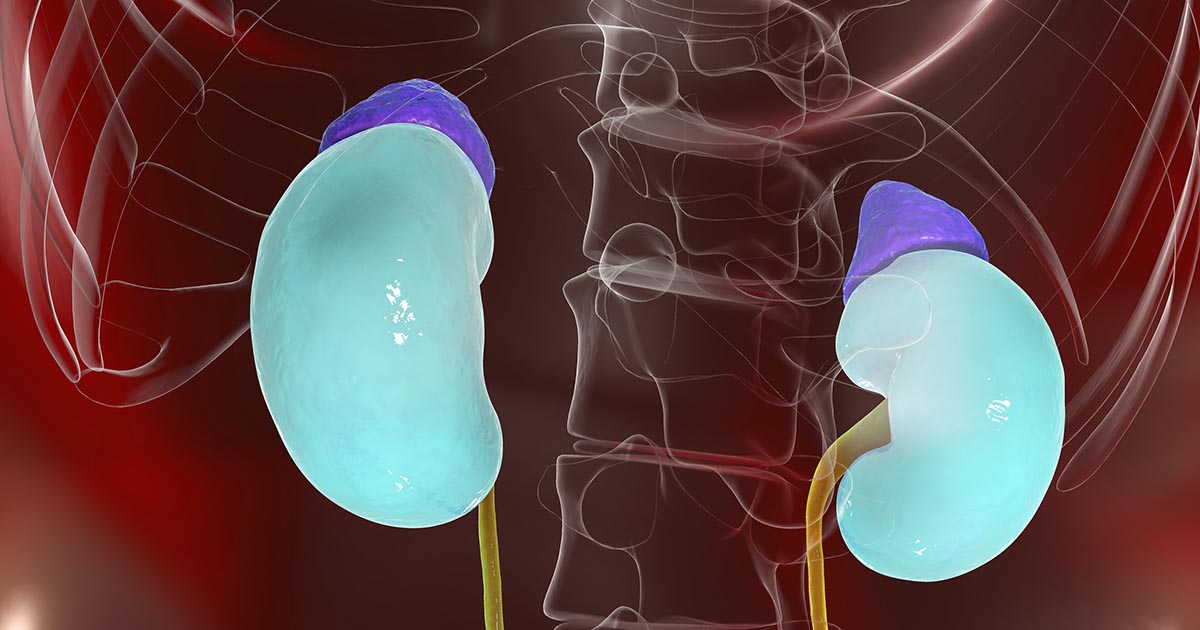Causes Of Cushing's Syndrome
Primary Adrenal Gland Disease
Primary adrenal gland disease can lead to the development of Cushing's syndrome, especially in patients who have adrenal gland problems, such as a tumor on the adrenal glands themselves. This tumor causes the glands to produce cortisol in excessive quantities. Adrenal gland tumors are responsible for approximately thirty percent of all cases of Cushing's syndrome. Fortunately, the majority of tumors on the adrenal glands are benign, and some do not cause symptoms. Those tumors that do cause symptoms, as is the case in Cushing's, can be treated with surgery. In primary adrenal gland disease, there is no tumor present on the adrenal glands, but the glands themselves are hyperactive. As a result, this triggers the production of too much cortisol within the body.
Keep reading to discover the role genetics play in causing this disease.
Inherited Connection

The majority of Cushing's cases occur in patients with no family history of the disease. However, recent research suggests that there may be an inherited connection involved in some instances of Cushing's syndrome. Specifically, scientists noted that a mutation in the CABLES1 gene might contribute to the disease. German researchers have also identified that mutations of the PRKACA gene are involved in the adrenal tumors that can occur with Cushing's. Some diseases that lead to Cushing's may themselves have components that can be inherited. Some of the genetic mutations associated with Cushing's syndrome may not be passed down through families. Rather, they may be sporadic or random, induced during a person's life by environmental or other factors that resulted in damaged DNA.
Next, uncover the rare cause of Cushing's syndrome and how it happens.
